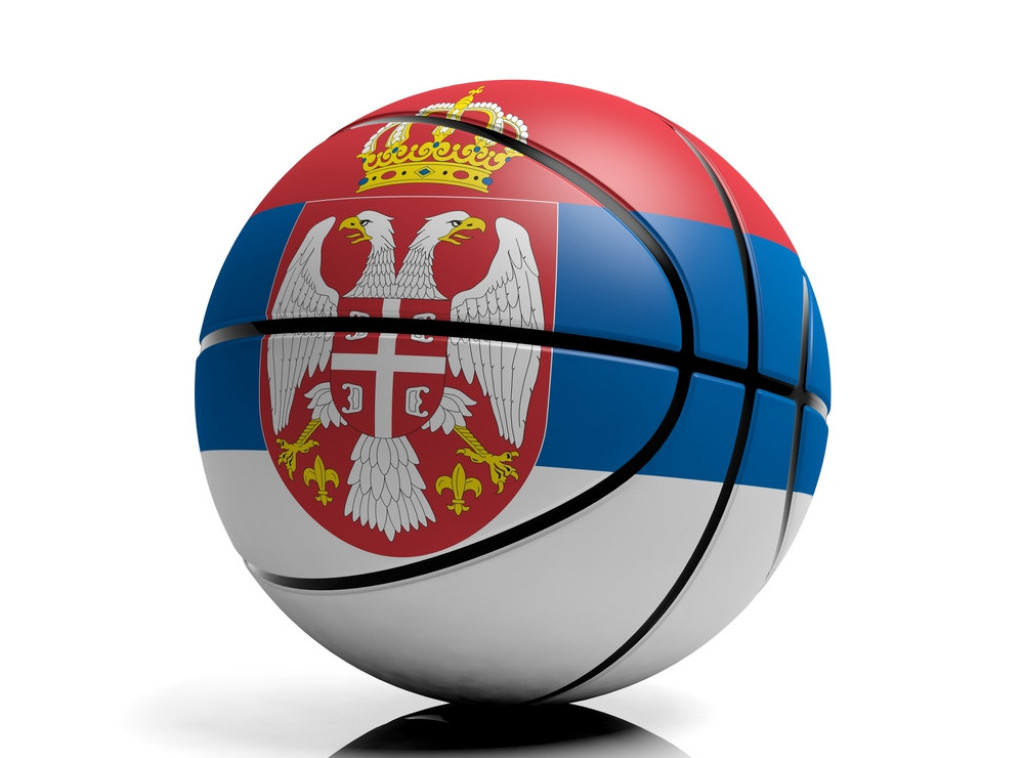Novo Nordisk shares have plunged 20% amid the disappointing trial result of its latest weight-loss drug CagriSema. The fall wiped out €90bn in market valuation on Friday.
Novo Nordisk has announced its latest trial result for the new obesity drug, CagriSema, which disappointed investors and sent its share price plunging 20% in Denmark on Friday, the sharpest one-day decline in history.
The drop wiped out €90bn in market valuation, leading to a 16% decline in year-to-date performance for Europe's largest company.
CagriSema Falls Short of Expectations
The Danish pharmaceutical giant said in a press release that the phase 3 trial for CagriSema showed that the treatment achieved weight loss of 22.7% after 68 weeks, lower than the projected 25%.
The figure dropped further to 20.4% when patients failed to adhere to the treatment. The result sparks concerns about the company's competitiveness in increasingly lucrative obesity and diabetes drug market.
Notably, its US rival Eli Lilly, reported a 24% weight loss with its latest medicine retatrutide, according to a trial result released in September. Eli Lilly's shares surged 10% before pulling back to end 1.35% higher on Friday. In sharp contrast to Novo Nordisk, the US-based drug maker's shares are up 32% this year.
Concerns have also been raised about the potentially greater-than-expected side effects of the new drug, which could affect its market positioning against competitors. Only 57% of patients reached the highest CagriSema dose, compared to 83% with cagrilintide and 70% with semaglutide.
"With the insights obtained from the REDEFINE 1 trial, we plan to further explore the additional weight loss potential of CagriSema," said Martin Holst Lange, executive vice president for Development at Novo Nordisk.
The company stated: "The results from the second pivotal phase 3 trial, REDEFINE 2, in adults with type 2 diabetes and either obesity or overweight are expected during the first half of 2025."
Growing competition in weight-loss drug markets
In recent years, leading pharmaceutical firms have sped up their development of weight-loss drugs amid surging demands. Due to production constraints, treatment for obesity and diabetes medicine had been in short supply earlier this year. The market for glucagon-like peptide 1 (GLP-1) drugs is expected to reach a range between $150bn (€144bn) and $200bn (€192bn) by 2030.
According to the third-quarter earnings report, Novo Nordisk's weight-loss drug Wegovy and diabetes treatment Ozempic accounted for 61% of its sales in the first nine months. Since the US Food and Drug Administration's (FDA)'s approval of Wegovy, the Danish firm's market valuation has tripled, peaking in June 2024.
Novo Nordisk's biggest rival is the US-based pharmaceutical firm, Eli Lilly, with a market captalisation of $691bn (€662bn), nearly double that of Novo. Eli's corresponding weight-loss drugs, Zepbound and diabetes treatment Mounjaro, have positioned the firm as a formidable rival.
The US stands as the primary market of Novo Nordisk for diabetes drug sales, representing 35% of its overall revenue by August this year.
According to a Reuters report in August, the two companies are expected to split the weight-loss market share evenly by the end of this year.
However, the disappointing trial results for CagriSema are likely to temper analysts' expectations for Novo's future growth. The patent for Wegovy will expire in the early 2030s, adding pressure on the company to expedite the development of its next-generation medicines.

 3 months ago
26
3 months ago
26






 We deliver critical software at unparalleled value and speed to help your business thrive
We deliver critical software at unparalleled value and speed to help your business thrive






 English (US) ·
English (US) ·